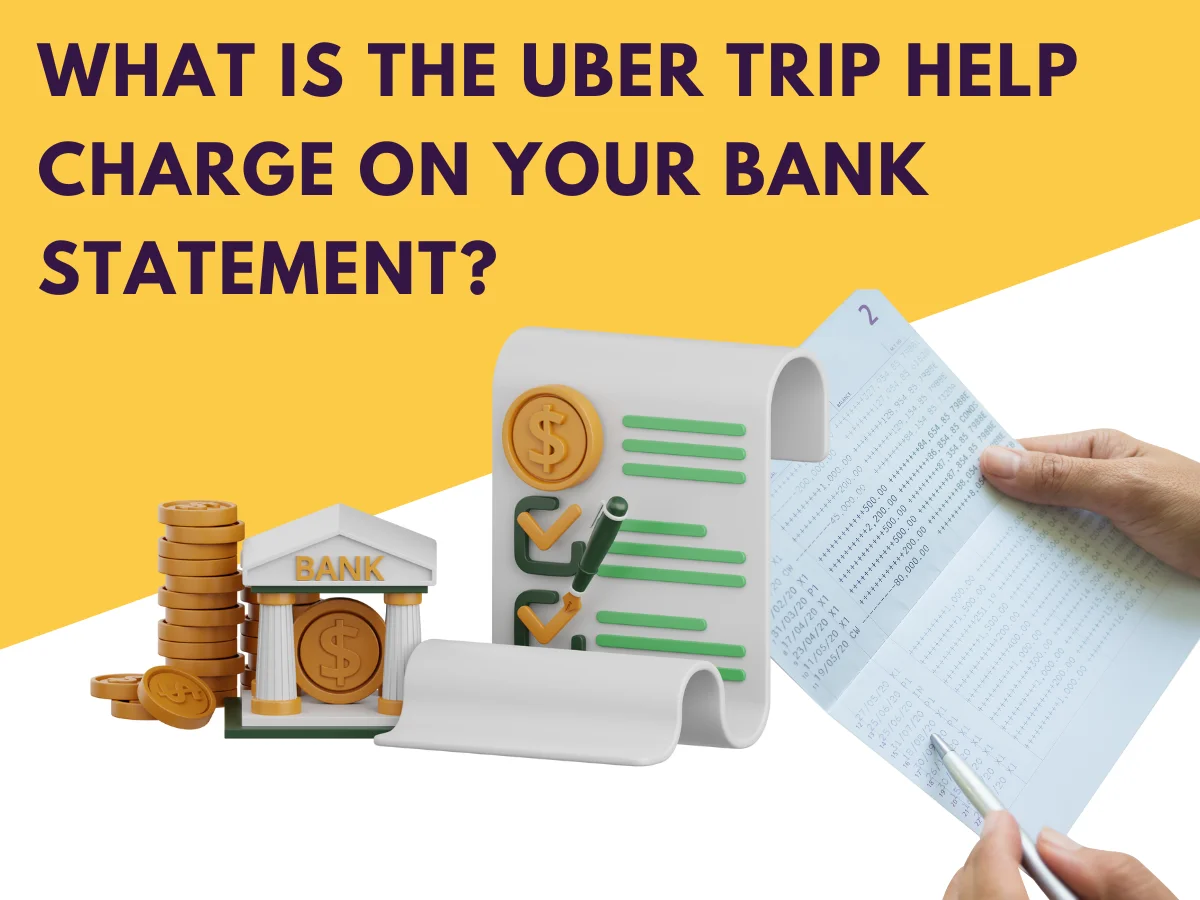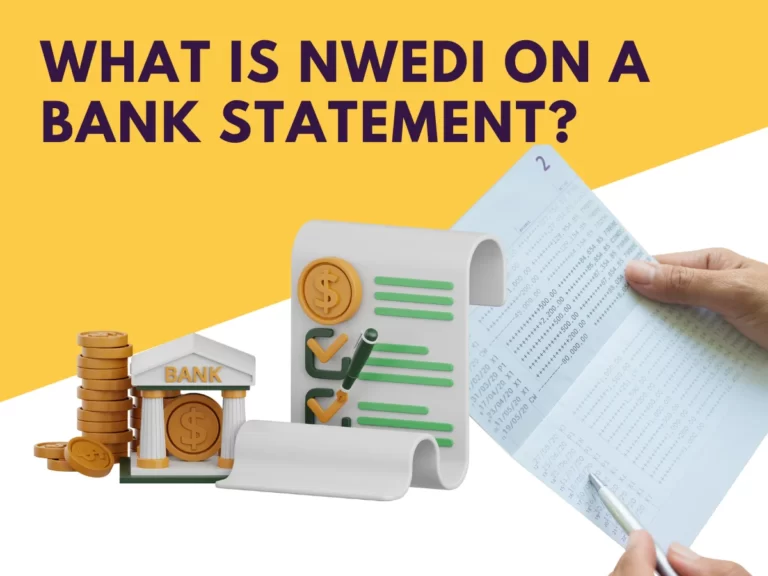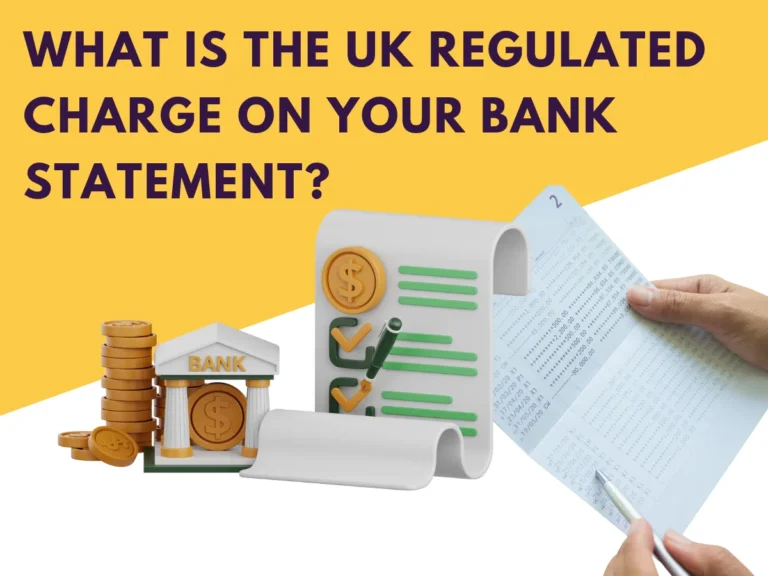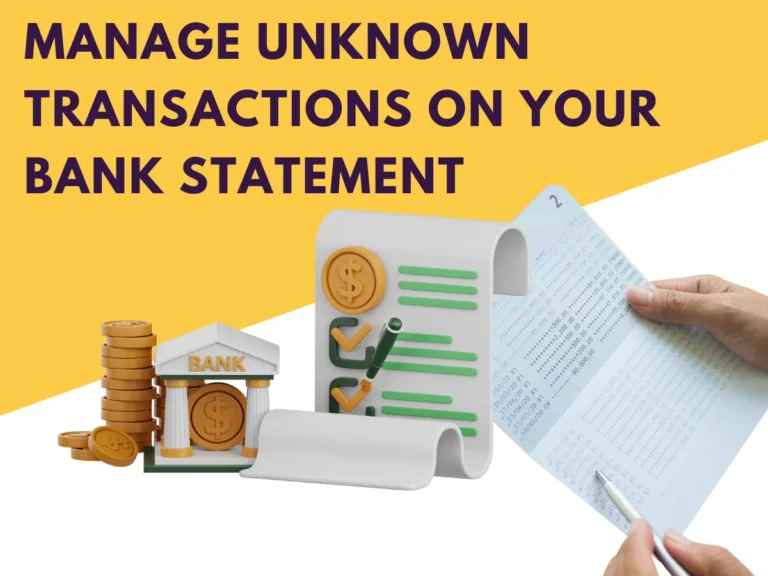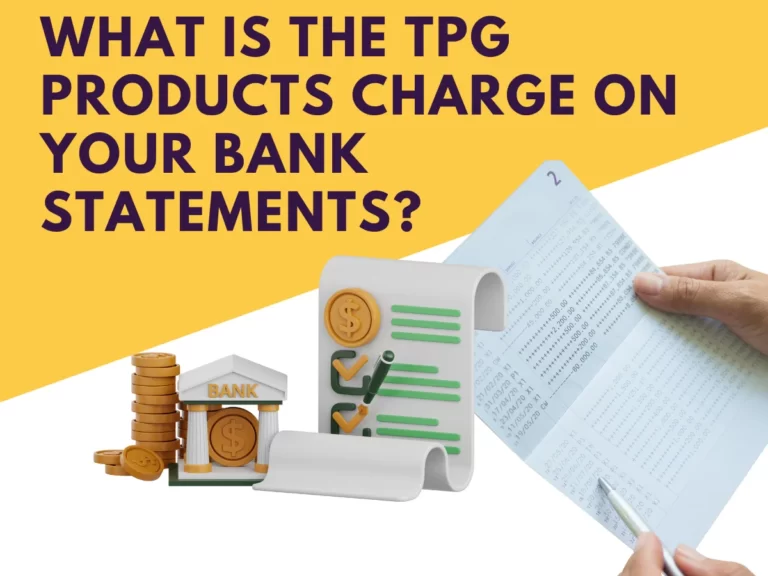What Is Uber Trip Help Charge on Bank Statement?
In today’s digital age, convenience often comes hand-in-hand with vulnerability. The rise of digital payment methods and ride-hailing services has undoubtedly made our lives easier, but it has also opened doors for cunning scammers to exploit unsuspecting individuals. One such tactic that has emerged is the deceptive “Uber Trip Help” charge appearing on bank statements, leaving many puzzled and concerned about unauthorized transactions.
In this comprehensive guide, we delve into the intricacies of this scam, shed light on its workings, and equip you with the knowledge to safeguard your hard-earned money.
How Is the Uber Trip Help Charge?
The enigmatic appearance of the “Uber Trip Help” charge on your bank statement often raises eyebrows and triggers a flurry of questions. Contrary to the name, this charge is not affiliated with any legitimate Uber services. Instead, it serves as a red flag signaling potential fraudulent activity.
Scammers capitalize on the trust associated with the Uber brand to dupe individuals into relinquishing their financial information unwittingly. By fabricating transactions under the guise of assisting with Uber trips, these perpetrators aim to siphon funds from unsuspecting victims’ accounts.
Also read Vehicle Information Charge on Bank Statement.
Why am I getting charged by Uber trip help?
The perplexing question of why you are being charged by “Uber Trip Help” may haunt many individuals who find themselves entangled in this scam. The answer lies in the nefarious intentions of fraudsters seeking to exploit the ubiquity of digital transactions and the widespread usage of ride-hailing services like Uber. By masquerading as legitimate entities offering assistance for Uber-related issues, scammers aim to deceive individuals into divulging sensitive financial information or authorizing fraudulent transactions.

Why is Uber charging my account?
It’s essential to discern that the charges labeled as “Uber Trip Help” are not initiated by Uber itself. The reputable ride-hailing company does not levy such fees or charges under this ambiguous denomination. Therefore, if you encounter such charges on your bank statement, it’s crucial to recognize them as potential signs of fraudulent activity rather than legitimate transactions initiated by Uber.
How Does the Uber Trip Help Charge Look Like?
| Transaction Name | Description |
| UB Trip Help | Potential unauthorized charge labeled as “UB Trip Help” |
| UberTripHelp | Suspicious transaction named “UberTripHelp” |
| UberTHelp | Another variant of the deceptive “UberTHelp” charge |
| Trip Support Help | Fraudulent charge disguised as “Trip Support Help” |
| Uber Assis Charge | Unauthorized deduction labeled as “Uber Assis Charge” |
| Rider Assistance Fee | Deceptive charge masquerading as “Rider Assistance Fee” |
| Uber HELP.UBER.COM | Suspicious transaction denoted as “Uber HELP.UBER.COM” |
| Uber *Trip Help | Potentially fraudulent charge indicated as “Uber *Trip Help” |
| Uber Pass Help.Uber.Com | Unauthorized deduction labeled as “Uber Pass Help.Uber.Com” |
| POS Debit UBER TRIP HELP.UBER. | Deceptive charge under the name “POS Debit UBER TRIP HELP.UBER.” |
| POS PUR UBER TRIP HELP.UBER. | Fraudulent transaction denoted as “POS PUR UBER TRIP HELP.UBER.” |
| POS PURCH UBER TRIP HELP.UBER. | Unauthorized charge disguised as “POS PURCH UBER TRIP HELP.UBER.” |
| POS PURCHASE UBER TRIP HELP.UBER. | Suspicious deduction labeled as “POS PURCHASE UBER TRIP HELP.UBER.” |
| POS REFUND UBER TRIP HELP.UBER. | Potential refund scam labeled as “POS REFUND UBER TRIP HELP.UBER.” |
| PRE-AUTH UBER TRIP HELP.UBER. | Unauthorized pre-authorization charge as “PRE-AUTH UBER TRIP HELP.UBER.” |
| PENDING UBER TRIP HELP.UBER. | Suspicious pending transaction under “PENDING UBER TRIP HELP.UBER.” |
It’s important to note that while these transaction names may vary, they all serve as potential indicators of unauthorized charges labeled as “Uber Trip Help” on your bank statement. If you come across any of these transaction names and they do not align with your recent ride history, it’s imperative to scrutinize them further and take appropriate action to protect your financial assets.
How does an Uber ride show up on bank statement?
Legitimate Uber rides typically display distinct transaction details on your bank statement, including the date, time, and fare amount. These transactions are unmistakably associated with your actual trips and bear no resemblance to the vague and suspicious “Uber Trip Help” charges orchestrated by scammers.
Why did Uber deduct money from my account?
It’s a common concern among Uber users to question unexpected deductions from their accounts. However, it’s crucial to differentiate between legitimate charges initiated by Uber for actual services rendered and fraudulent deductions orchestrated by scammers under the guise of assisting with Uber-related issues.
How to Prevent Unauthorized Uber Trip Help Charges
- Monitor Your Bank Statements Vigilantly:
Regularly review your bank statements to promptly identify any unfamiliar or suspicious transactions, including the elusive “Uber Trip Help” charges. Set aside time each month to thoroughly scrutinize your bank statements, ensuring that all transactions align with your actual activities and expenditures. Look out for any discrepancies or irregularities, such as unexpected charges or unfamiliar merchant names. Prompt detection of unauthorized charges allows you to take immediate action to dispute the transactions and mitigate any potential financial losses.
- Exercise Caution with Personal Information:
Refrain from sharing sensitive financial information or personal details with unverified sources, especially in response to unsolicited emails or messages purportedly from Uber. Scammers often employ phishing tactics to trick individuals into divulging their confidential information, which they exploit for fraud. Be wary of unsolicited communication claiming to be from Uber or associated entities, and avoid clicking on suspicious links or providing personal information unless you can verify the authenticity of the source.
- Verify Transactions Directly with Uber:
In case of any doubts regarding charges or transactions, reach out directly to Uber’s official customer support channels to validate the authenticity of the transactions. Utilize the designated support channels provided by Uber, such as the in-app support feature or the official website, to verify any questionable charges appearing on your account. Provide specific details of the transaction in question and request clarification from Uber’s customer support representatives. By seeking confirmation directly from Uber, you can obtain accurate information regarding the legitimacy of the charges and take appropriate action accordingly.
- Enable Two-Factor Authentication:
Strengthen the security of your Uber account by enabling two-factor authentication, adding an extra layer of protection against unauthorized access. Two-factor authentication requires users to provide a secondary form of verification, such as a unique code sent to their mobile device, in addition to their regular login credentials. By enabling this feature, you can prevent unauthorized individuals from gaining access to your Uber account, thereby reducing the risk of fraudulent activities, including unauthorized charges or account takeover.
- Stay Informed About Common Scams:
Educate yourself about prevalent scams targeting Uber users and remain vigilant to avoid falling prey to fraudulent schemes. Stay updated on the latest scam tactics and techniques employed by fraudsters to deceive unsuspecting individuals. Familiarize yourself with the warning signs of potential scams, such as unusual requests for payment or suspicious communication from purported Uber representatives. By staying informed and vigilant, you can proactively safeguard yourself against potential threats and minimize the risk of becoming a victim of fraudulent activities targeting Uber users.
By implementing these preventive measures and adopting a proactive approach to safeguarding your financial information and online accounts, you can effectively mitigate the risk of unauthorized Uber Trip Help charges and protect yourself from falling victim to fraudulent schemes perpetrated by cybercriminals. Remember to remain vigilant, exercise caution when sharing personal information, and stay informed about common scams to navigate the digital landscape safely and securely.
Conclusion
The enigmatic appearance of the “Uber Trip Help” charge on your bank statement serves as a stark reminder of the ever-looming threat posed by online scammers. By understanding the intricacies of this scam and adopting proactive measures to safeguard your finances, you can thwart the nefarious intentions of fraudsters seeking to exploit unsuspecting individuals. Remain vigilant, stay informed, and prioritize the security of your financial assets to navigate the digital landscape safely.
